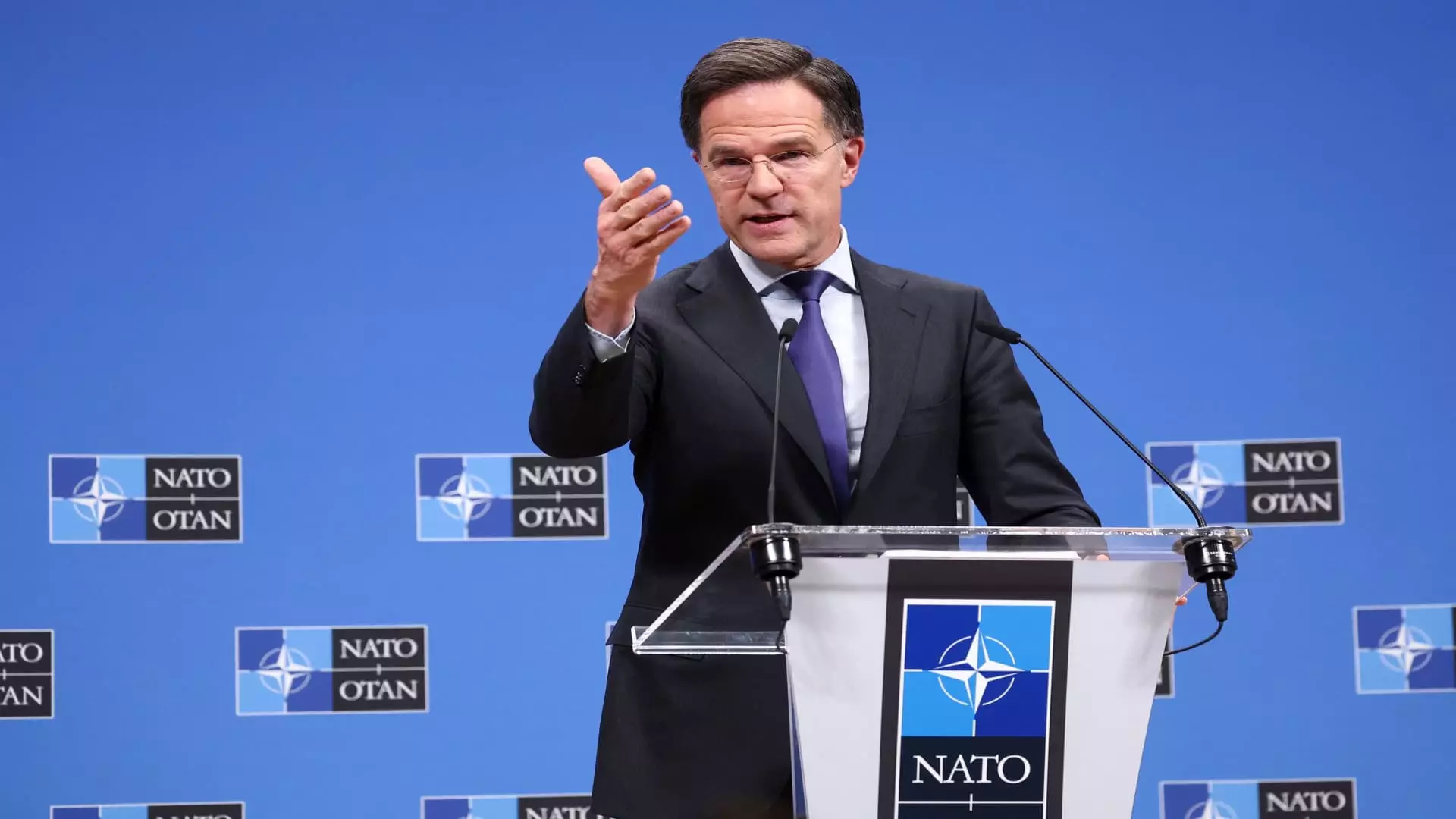NATO, the North Atlantic Treaty Organization, has long been a cornerstone of military collaboration among its member nations, especially in the face of increasingly aggressive actions from global powers. Recently, a significant conversation regarding the defense spending commitments of European nations within NATO gained traction at the Munich Security Conference. Mark Rutte, the NATO Secretary General, highlighted an urgent need for European allies to transition from expressions of dissatisfaction to constructive contributions. This article examines the implications of Rutte’s message, the evolving defense expenditure landscape, and the broader context of U.S.-Europe relations regarding military responsibilities.
Rutte’s decisive remarks to European NATO members emphasized the need for proactive deliberation over mere complaints about the more confrontational stance taken by the U.S. under pressure from recent geopolitical tensions. He specifically urged these nations to engage in meaningful discussions by presenting solutions and ideas rather than voicing grievances. This call to action signals a significant mindset shift, encouraging member states to take on a more active role in shaping the defense policies that affect them.
Notably, Rutte’s insistence on finding concrete proposals stems from the forthcoming NATO summit in June, which has the potential to redefine defense spending targets. His revelation that the alliance would adopt a target exceeding the historical benchmark of 2% of GDP on defense spending represents a pivotal moment for NATO, one which will likely extend beyond conventional expectations.
The discussion around NATO’s defense spending is further complicated by the historical context of U.S. engagement with the organization. Tensions over financial commitments have been exacerbated by previous U.S. administrations, especially under Donald Trump, who openly criticized NATO members for failing to meet their spending obligations. Rutte’s new plan could lay the groundwork for a more equitable sharing of defense responsibilities, crucial for maintaining NATO’s cohesion. As European allies bolster their military budgets, it can help reduce dependency on U.S. forces, thereby enhancing overall strategic autonomy for the alliance.
Senator Lindsey Graham’s comments regarding Russian President Vladimir Putin’s actions further add depth to this discussion. He noted how the conflict in Ukraine has inadvertently compelled NATO members to reassess their military expenditures, suggesting that adversarial actions can catalyze critical changes in defense priorities. Putin’s miscalculations have thus inadvertently strengthened NATO and underscored the necessity for enhanced military preparedness among European nations.
With the specter of increased military spending on the horizon, questions linger about what this means for the future of NATO and its relationship with both member states and external adversaries. Rutte hinted at a possible defense expenditure target of “considerably more than 3%,” a suggestion that could redefine the financial landscape of NATO. This increase would not only signify a more considerable commitment to collective security but could also result in heightened tensions with nations not aligned with NATO.
Moreover, the expense of expanding military capabilities may lead to difficult conversations about resource allocation within each member state, weighing military needs against social and economic priorities. It will be essential for NATO countries to ensure that this increased spending does not detract from addressing pressing domestic issues, creating a balance that fosters both national and collective security.
As NATO approaches its June summit, the dialogue initiated by Rutte could pave the way for a more robust framework for defense expenditure, one that transcends mere compliance with historical targets. Instead, it urges member countries to embrace a collective duty for their security. In this climate of uncertainty, a collaborative approach may yield innovative strategies for tackling shared defense challenges while maintaining unity within the alliance.
Rutte’s unequivocal appeal to European NATO members is a timely reminder of the necessity for proactive engagement in defense discussions. The decisions made in the upcoming NATO summit could fundamentally alter the alliance’s dynamics, creating pathways for stronger military readiness and a more balanced distribution of defense responsibilities among member nations. As the geopolitical landscape shifts, NATO’s future hinges on its ability to adapt and unify in purpose and action.


Leave a Reply